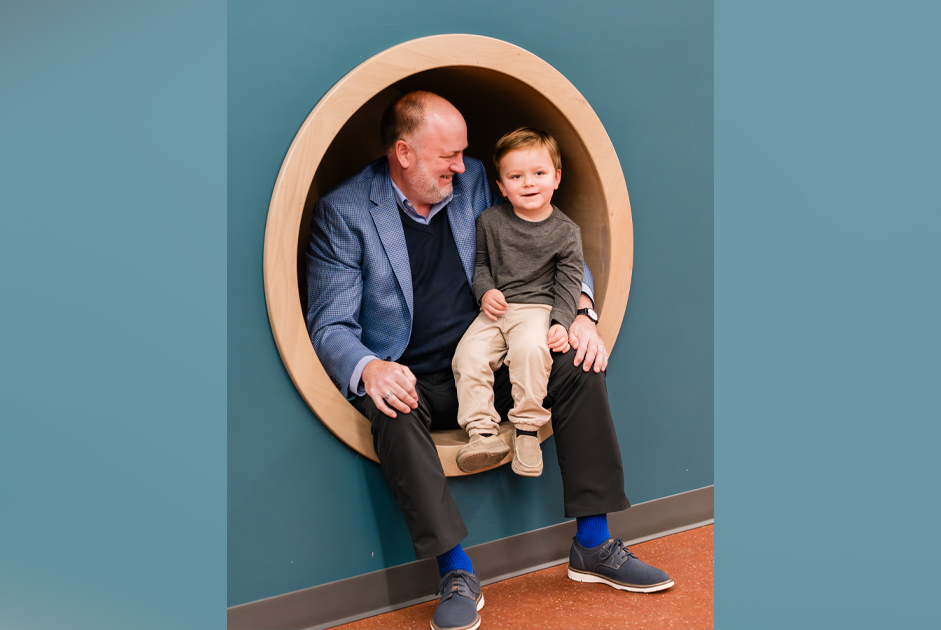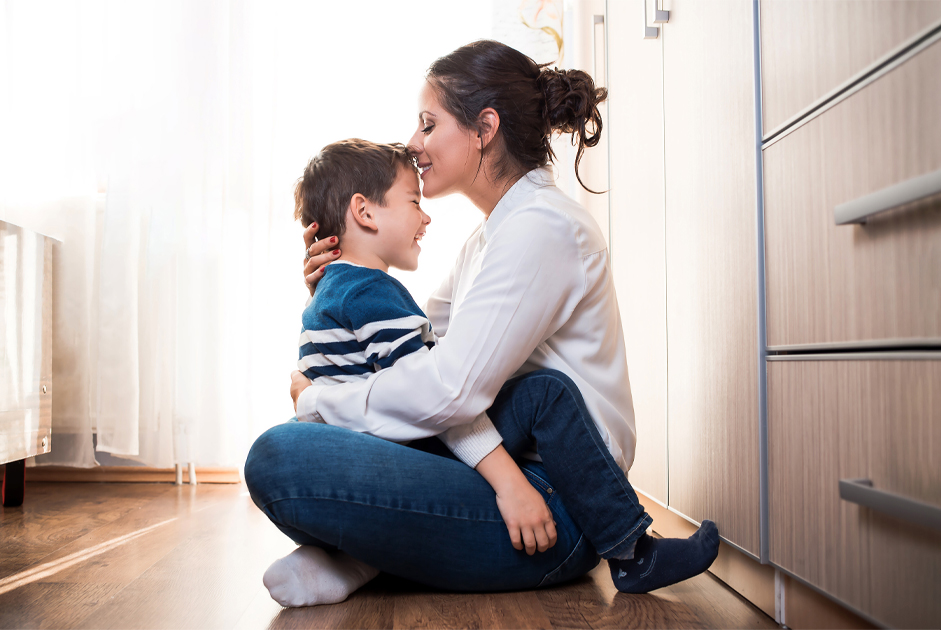During the transition to parenthood, every aspect of our lives is affected. Our interests, energy, lifestyle, social connections, etc. are all impacted by the addition of a baby and the role of being a parent. Our time is much scarcer when we are responsible for a child, making it hard to find time for ourselves and what we need. As a therapist, many of the parents I see are struggling to care for themselves, in different ways. Many are unsure of what self-care looks like in parenthood, feel unsupported by their partner or feel guilty about taking time for themselves. Self-care does look different in parenthood, but it is ever so important.
What Does Self-Care Include?
The six components of self-care are mental, emotional, physical, spiritual, social and practical.
- Mental refers to your thinking and your cognitive health. Often, as a parent, our minds are full of details to remember and tasks to complete. What helps calm your mind?
- Emotional refers to the many different emotions we have and our ability to process them. How do you express common emotions such as anger, sadness or anxiety?
- Physical refers to the needs of our body. Does your body need movement or rest? What is soothing to you physically?
- Spiritual refers to connecting to something bigger than ourselves – this can be religious-focused or a cause that is important to you. Is there a community group that would fulfill this need?
- Social refers to relationships in your life that are nurturing and meaningful. Our social relationships can change when transitioning to parenthood – are there fellow parents you are connected to already or a group to check out?
- Practical refers to the things we need to do for our life to run efficiently. Our living spaces are often impacted by the presence of children – do you find yourself wanting more organization or a need to purge items no longer needed?
Support from Partners is Crucial
Many parents I speak to often feel unsupported by their partner with finding time to engage in self-care. Parents are often overloaded with tasks to be done and easily feel overwhelmed when one partner is not available to help. However, working together to find ways to compromise and encouraging each other to tend to their needs will help improve the quality of life and reduce resentment in the relationship. When making plans for the weekend, check in with each other to identify a need and how you can support one another to make that happen.
Balancing Parent Guilt and Self-Care
Sometimes parents struggle with feeling guilty when taking time to focus on themselves. There may have been an unspoken opinion in the home that a “good parent” sacrifices everything they need for the good of the children. These children grow up to be parents and often struggle to tend to their own needs due to the fear they have of being “selfish.” How do we balance caring for ourselves while also tending to the needs of others?
I encourage new parents to expand their perspective when approaching this issue. When we are intentional about caring for ourselves, we are modeling and communicating to our children that this is important and that it is a necessity, not a luxury. The small child they are currently may not understand why their parent is taking time for themselves, but the adult they will become in the future will thank you. This will benefit them greatly; your example will help them embrace their needs rather than ignoring them. Unmet needs create larger stressors and often result in dysfunction. Providing an example of balancing your needs as a person with the needs of others will help reduce the people pleasing behaviors many adults struggle with today.
We all have needs; let’s recognize them and do what we can to tend to them. Ignored needs inevitably lead to burnout – we can all likely relate to that at some point in our lives. Our children do not need a “perfect parent” – children need a healthy parent who embraces their humanness with the responsibility of parenting. Remember – practice, not perfection.



















